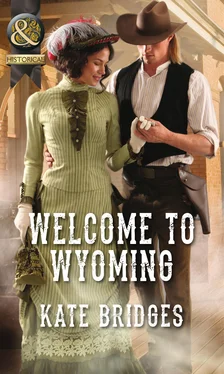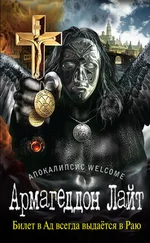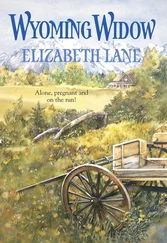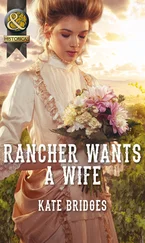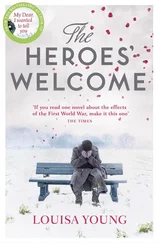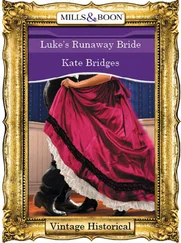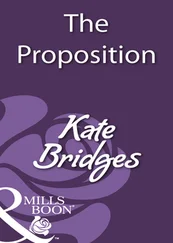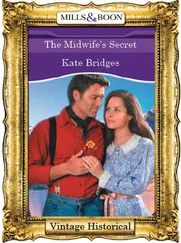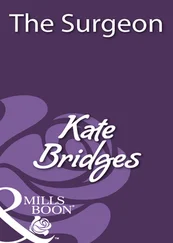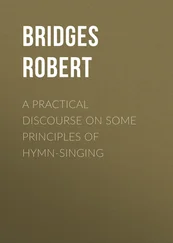“I guess I passed your test.”
“You most certainly did.” She rubbed away a fallen hair from her cheek. “And my friends, of course, helped me pick out the most eligible bachelor from all the responses I got from the ad.”
“And you trust your friends.”
She smiled. “Yes. We help each other. So far, six of us have placed ads as mail-order brides.” It was their way of escaping the tragedy of the Great Chicago Fire two years ago that had charred the city, leaving behind death and destruction and forcing them to make new lives for themselves all across the country. In her heart, it was also to get away from the loss of her grandfather, and the burden of feeling like a wild bird in a cage. She’d always wanted to travel and feel the ripple of adventure in her pulse.
He pulled in a breath that made her wonder what he was thinking.
She added in a whisper, “This is the most daring, craziest thing I’ve ever done, though. Coming to meet you. My grandfather would roll over in his grave.”
“Then I’ll have to take good care of you for the sake of your granddad.” He patted her hand again in a most detached, grandfatherly way, much to her puzzlement. “You likely missed dinner. Are you hungry, darlin’? I thought I might book you a room across the street. The Mountain Hotel has a beautiful view and a fine restaurant.”
She thought she heard a snicker behind her. With a frown, she spun to look, but the men behind her were straight-faced, shuffling the heavy trunk between them.
She tensed over the fact that he wished to book a room. One for her and one for himself? Surely not one for them together, for there didn’t appear to be enough time to wed first. As eager as she was to get to know him intimately, she wasn’t the type of woman to do it before marriage. She’d met lots of women like that at the boardinghouse, though, many who became dear friends. Ladies of a “certain kind” who taught her things about what pleased men in the bedroom—tips she would surely try out on Jarrod. Perhaps he would stay at his home tonight, although she didn’t know the particulars of where he stayed when he traveled. He’d written that he owned a few homes, modest homes little more than cabins that he wished to make bigger and brighter with her as his new bride.
“You didn’t have dinner yet?” she asked him.
“I was waiting for you.”
“How considerate.”
They stopped by the outer stone wall of the depot as he picked up a fine suitcase befitting of a jeweler. She gathered his things were inside. Perhaps they would marry quickly and honeymoon somewhere?
They walked through the crowded station and came out on the other side at street level. The boardwalk was teeming with folks in all directions. Wagons loaded with ranching supplies rolled along the dirt street. Storefronts were strung with banners that read Shovels for Sale, Sandwiches Till Midnight, Gold Nuggets Weighed and Exchanged, Copper and Silver Bought and Sold.
Some of them had help-wanted signs tacked to their doors and windows. Natasha glanced across the street to the left, to the river valley lined with plush green trees. In the center of the greenery sat one outstanding hotel. It was built of stone and timber, and sprawled across an acreage. A wood-burnished sign hung over the entrance. The Mountain Hotel.
Gracious. It was massive and more luxurious than any building she’d ever spent time in.
The two men lugging the beat-up trunk weaved around two cowboys and planted the case behind her.
“Why don’t you fellas go on ahead to the front desk?” The brim of Jarrod’s black hat shielded the setting sun behind the mountains. “I’ll be in touch in the next few days.”
“Take your time getting back,” Mr. Fowler said. The other man nodded and they soon disappeared through the horses and pedestrians, carrying her trunk to the hotel.
She brightened, pleased that he would be spending a few days with her. She clutched her satchel to her waist. “Jarrod, have you had an opportunity to think more about what we discussed in our letters?”
“How’s that again?” He turned toward her with a twinge of concern. Did the question bother him?
“The letters,” she repeated softly. “What I asked you in my last one?”
“I’m...I’m still giving it some thought.”
“I see.” She puckered her lips.
Had they hit a little snag in their communication? She wished to make it clear how involved she wished to be in this marriage. And now, upon meeting him, she wondered again why he had replied to her advertisement for a bride. He seemed so attractive and intelligent and successful, her doubts rose again. She had asked him precisely this in one of her letters, and he had responded that he’d been engaged once but it hadn’t lasted due to her unfaithfulness, and that due to the nature of his business, he traveled so much that he didn’t have the opportunity to meet many women. Combined with the fact that the ratio of women to men was somewhere in the neighborhood of one to twenty.
Jarrod seemed distracted. His gaze moved over her bonnet to the other side of the street. She turned to see what held his dire attention.
A team of horses were rearing up at a water trough. An elderly man was holding tight to their lines, but he turned pale as one horse neighed, fell down hard on his front hooves and bucked.
Her body stiffened in fear for the man.
Jarrod muttered, “Excuse me,” and dashed to help.
Jarrod took control. He grasped the reins from the elderly man, calmly speaking to the horses as he pulled tight against the power of the beasts. He finally got close enough to pat the shoulder of one. The jittery white one settled first, then the chestnut mare. They were magnificent animals, muscles gleaming in the faded golden light, accentuating the muscled lines of Jarrod’s legs, the strength of his shoulders and width of his chest.
His tanned hands were utterly commanding, yet soothing at the same time. She wondered where he’d mastered his skill with animals.
When it was apparent that the mares were settling, other folks rushed in to help. Jarrod never released his hold. He kept control of the situation, even turning to the frightened elderly man to calm him, too. They talked, laughed some and kept talking low and serenely.
The picture was comforting to her, that she had chosen to marry a man with integrity and capability.
Yet oddly, the scene also caused a rush of homesickness.
She would likely never again see the dozen women she’d made friends with in the past two years at Mrs. Pepik’s Boardinghouse for Desolate Women.
They’d all suffered through the Great Fire. One-third of the city had lost their homes. One hundred thousand people homeless. Dozens had died. Natasha had been living with her grandfather at the time. They’d lost their house in the fire, and his jewelry shop with it. She had mistakenly assumed that because they weren’t physically hurt by the flames, they’d be fine.
However, three days later, her grandfather had suffered an apoplexy from the stress—a sudden paralysis of half his body, as well as slurred speech. The next day, she lost him.
It still misted her eyes.
Women with no other means to support themselves had turned to Mrs. Pepik. The kind widow hadn’t allowed anyone to feel sorry for herself. Her late husband, a policeman, had taught Mrs. Pepik how to shoot a gun, and she made sure every woman there knew how to handle one in self-defense. Then at the beginning of this year, the women had decided to place ads in the Western papers as mail-order brides. Suddenly their futures turned brighter, and no one could stop talking about where they wanted to live, which state, which man.
Natasha yearned for love, for intimacy, for family. She yearned to be free from what had always been expected of her in Chicago.
Читать дальше
